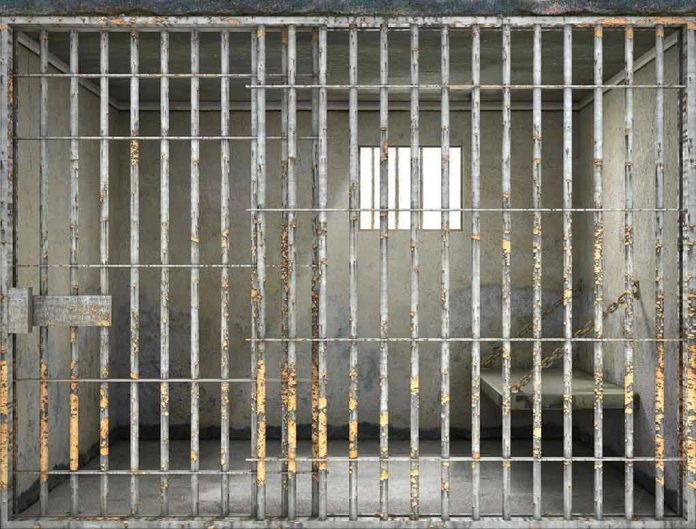
While bureaucrats debate and criminals run wild, terrorists and gangsters are busy in Britain’s prisons teaching each other how to build bombs and launder money—making the system look more like a criminal university than a place for justice.
At a Glance
- UK prisons are becoming training grounds where terrorists and organized crime gangs swap bomb-making and money-laundering skills.
- Overcrowding, understaffing, and poor oversight have created a breeding ground for dangerous alliances.
- Prison officers face increasing threats as traditional divisions between inmates dissolve, fueling violence and corruption.
- Released prisoners are returning to society more dangerous and better equipped to commit sophisticated crimes.
Prisons: The New Criminal Training Camp
British high-security prisons, once meant to deter and contain society’s worst, now serve as networking centers for terrorists and career criminals. Behind the walls of places like HMP Belmarsh and Frankland, extremists and gangsters are pooling their respective talents—bomb-making, money laundering, and using the dark web—to create a new breed of criminal that’s more dangerous than ever. The International Centre for the Study of Radicalisation calls these prisons “hotbeds” for terrorist groups, warning that the system is churning out criminals better trained and more fanatical than when they went in.
Staff shortages and overcrowding have made it almost impossible for officers to separate the worst offenders or monitor their activities. As a result, alliances once unthinkable are now common. Where gangsters once distrusted religious extremists and vice versa, they now find common ground in mutual benefit, swapping skills for protection, influence, or profit. This isn’t rehabilitation—it’s organized chaos, and the public pays the price every time one of these “graduates” walks free.
Dangerous Knowledge Exchange: How the Skills Swap Works
According to a recent study by Dr. Hannah Bennett, the trade in deadly skills has become a mainstay of prison life. Terrorists teach bomb-making or how to weaponize the dark web. Gangsters share tricks of the trade for laundering money and running criminal enterprises from behind bars. Protection and opportunity drive this exchange, with prisoners eager to leave prison with more tools than they had going in. Dr. Bennett’s research exposes how corruption and a lack of oversight have fueled an “exponential” increase in risk, with officers now facing homemade weapons and inmates forming new, more sophisticated criminal alliances.
Government reviews show the last several terror attacks in Britain were perpetrated by individuals radicalized in prison. The evidence is clear: the revolving door of the justice system is now turning out criminals who are more dangerous and better connected.
Political Paralysis and “Hotbed” Consequences
While politicians squabble and launch inquiries, the threat has grown from a simmer to an outright boil. Shadow Justice Secretary Robert Jenrick called it a “national threat incubating in plain sight,” demanding urgent action. Yet, overcrowding persists, with thousands released early—some now equipped with bomb-making know-how and money-laundering skills. For prison staff and the general public, the fallout is immediate and severe. Attacks on officers have increased. Communities brace for more sophisticated crime waves driven by newly skilled ex-inmates.
Experts and officials are united in their alarm, but the response so far has been more talk than action. The criminal justice sector faces mounting pressure for reform, but as long as the system remains understaffed and underfunded, prisons will continue to act as finishing schools for the very worst in society. For the law-abiding taxpayer, the cost is more than just dollars—it’s safety, peace of mind, and the knowledge that the state is failing in its most basic duty: to protect its citizens from those who seek to do them harm.







